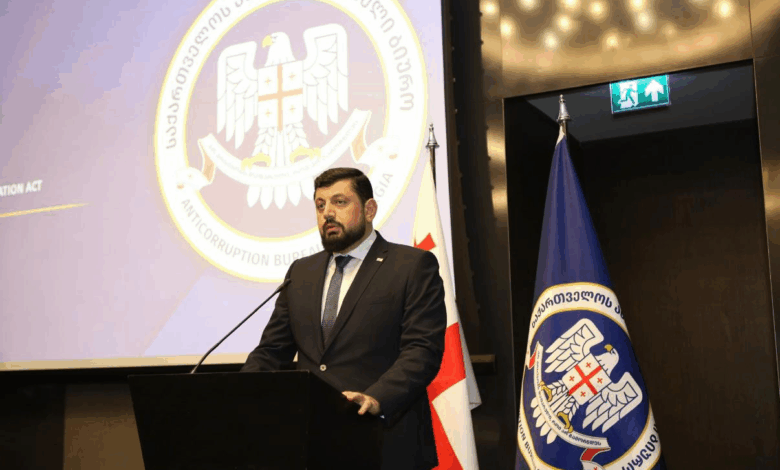
Five Organizations Report Being Inspected Under “Russian Laws”
Five Georgian civil society organizations reported receiving court orders, issued at the request of the Anti-Corruption Bureau, demanding that they hand over sensitive information, including confidential data on individuals under their legal protection.
The affected CSOs include Transparency International (TI) Georgia, Sapari, Civil Society Foundation, Economic Policy Research Center, and Georgia’s Future Academy. The court order, dated June 12 and obtained by Civil.ge, cites provisions from three laws—the Law on Grants, the Law on Political Associations of Citizens, and the Law on Combatting Corruption—which authorize the Anti-Corruption Bureau, a public agency, to request data from entities.
“The regime has officially started to enforce Russian laws,” Saba Brachveli from the Civil Society Foundation wrote on Facebook on June 18. Brachveli said that the requested information includes “the lists of our beneficiaries, those under our protection, or even those having attended the meetings, their names, surnames, photos, personal data of special categories.”
The orders come as Georgian Dream intensifies its legislative crackdown on dissent, particularly targeting independent media and civil society organizations. The order does not reference any of the foreign agents laws passed by the Georgian Dream parliament over the past two years, including the Law on Transparency of Foreign Influence (a.k.a. Russian Law) or the Georgian version of the Foreign Agents Registration Act (FARA).
But the terms used in the document appear to derive from Georgia’s interpretation of FARA, Brachveli told Civil.ge, suggesting that the court order could ultimately pave the way for requiring watchdogs to register under FARA. Brachveli also noted that the order does not specify the reason for the inspection, and the CSOs have yet to gain access to the original motion by the Anti-Corruption Bureau.
The order does, however, cite the Law on Grants, which was recently amended to require donors to seek government approval before disbursing grants. It also references the Law on Political Associations of Citizens, which the Anti-Corruption Bureau used last year to target two civil society organizations involved in get-out-the-vote campaigns — including TI Georgia — labeling them as “political actors” and subjecting them to rules and restrictions typically applied to political parties. The bureau later freed TI Georgia from “political actor” status, citing “interests of the country”, one day after Prime Minister Irakli Kobakhidze requested to reverse the decision.
The Anti-Corruption Bureau is requesting, per court document, that the organizations provide information on contracts concluded with organizations or individuals between January 1, 2024, and June 10, 2025. The requested data includes budget plans, reports on contract implementation, financial reports, and details about individuals—including beneficiaries—involved in planned or completed activities. The order specifically seeks names, surnames, and ID numbers of these individuals, among others.
The court also orders to request information from Georgian commercial banks, as well as financial information from the Finance Ministry and the Revenue Service, including about transactions conducted by respective organizations.
“We are not going to betray the trust of the citizens under our protection, even if it leads to our persecution and imprisonment,” the CSOs said in a joint statement, pledging to challenge the orders through legal means.
Also Read:
- 31/05/2025: Georgian Dream’s FARA Takes Effect
- 02/10/2024: Anti-Corruption Bureau Drops TI-Georgia’s “Political Actor” Status at PM’s Request
This post is also available in: ქართული